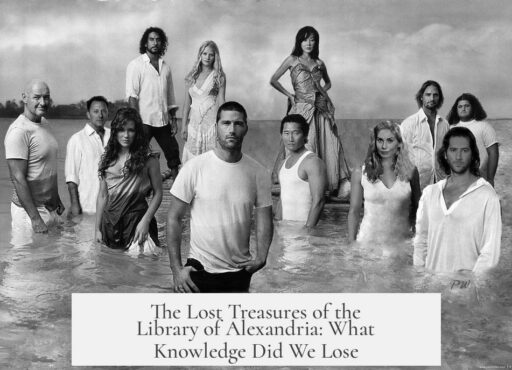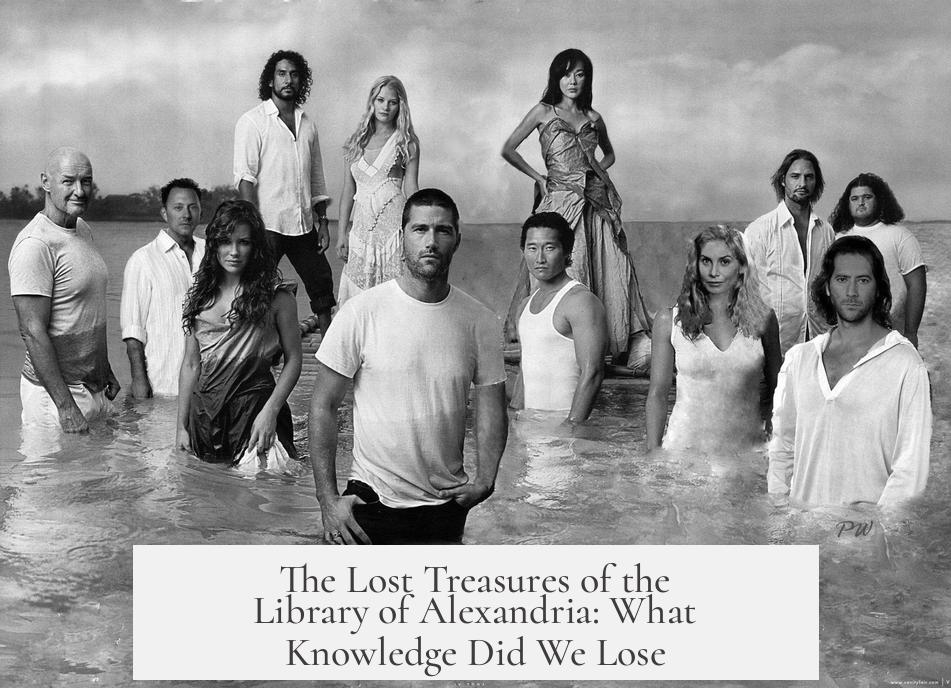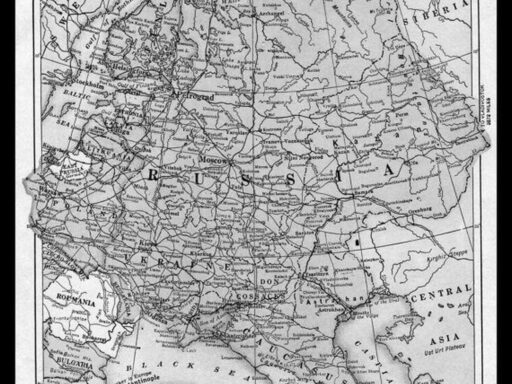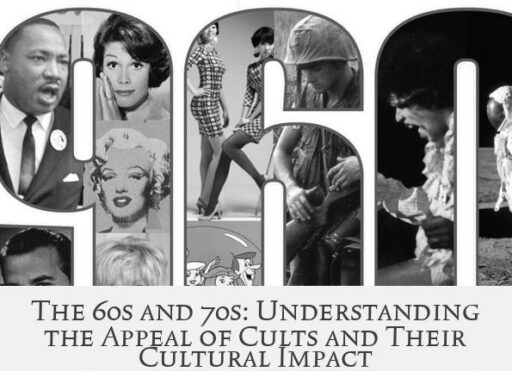We have a general idea of what was in the Library of Alexandria, but there is no precise record of its entire contents or the exact amount of knowledge lost with its destruction. The library held possibly between 200,000 and 700,000 scrolls. These were collected widely, including Greek, Egyptian, Babylonian, and other ancient works. However, the nature of ancient libraries and transmission issues mean the total knowledge lost is impossible to measure accurately.
The Library of Alexandria stands as a symbol of classical knowledge preservation. It was unprecedented in scale and ambition compared to earlier collections like the Assurbanipal library in the Near East. Founded during the Ptolemaic dynasty, it grew into a major intellectual center. The Ptolemies invested heavily, actively acquiring scrolls by copying texts and seizing writings from ships docking at Alexandria’s harbors.
Scrolls cannot be equated directly to modern books because a single ancient work often spanned multiple scrolls. For example, the Iliad might take 24 scrolls. Thus, even estimates of 200,000 to 700,000 scrolls represent a collection of numerous works rather than that number of distinct titles.
One key figure, Callimachus, compiled an extensive catalogue of the library’s holdings. While the catalogue itself does not survive, ancient reports say it spanned 120 scrolls, indicating the vastness of the archive. This catalogue aimed to organize the growing body of texts.
The acquisition methods of the Ptolemies were aggressive. Ships arriving in Alexandria were searched, and their writings copied or kept. Ptolemy II Philadelphus reportedly “borrowed” original manuscripts from Athens, leaving a deposit but never returning the originals, instead supplying copies. This practice ensured the library amassed a remarkable breadth of Greek literature.
The library’s holdings were not limited to Greek texts. It included translated works from Babylonian astronomers, Egyptian scholars, and possibly Persian writings such as those of Zoroaster. Additionally, the Torah was translated into Greek under Ptolemy II’s direction, according to Jewish tradition, specifically to be part of the collection.
The exact causes of the library’s loss remain unclear and heavily debated by historians. The available accounts are scarce and often contradictory. These uncertainties prevent a definitive understanding of how much knowledge was lost or even which major works disappeared. The loss might be mythologized as a single dramatic event, but scholarly consensus stresses that knowledge attrition was a gradual and multifaceted process rather than a one-time catastrophe.
Assessing the impact of the loss is complex. Some scholars suggest the library curated a “canon” of essential texts, ensuring that the best works survived and spread widely. This might help explain why certain Greek plays and philosophical treatises endure, even though many works did not. Others consider the loss of any ancient text tragic, acknowledging that many writings on science, philosophy, and culture have vanished forever.
| Aspect | Details |
|---|---|
| Estimated number of scrolls | 200,000 to 700,000 scrolls |
| Primary content focus | Greek literature and scientific works, plus non-Greek texts like Babylonian, Egyptian, and Jewish writings |
| Acquisition methods | Copying seized ship manuscripts; “borrowing” originals with deposits |
| Catalogue by Callimachus | About 120 scrolls long, listing all works |
| Loss causes | Unknown, speculative, likely gradual rather than sudden |
| Knowledge lost | Quantities unknown; impact debated among scholars |
Ultimately, the Library of Alexandria embodies a cultural ideal of knowledge collection and preservation. Its legacy influences how modern libraries operate and how societies value information. Despite uncertainty about its precise contents and losses, the library highlights the fragile nature of human knowledge and the challenges of transmission across history.
- The Library held a vast collection estimated between 200,000 to 700,000 scrolls.
- Scrolls represented individual papyrus rolls; multiple scrolls made up single works.
- Greek texts dominated, but translations from Babylonian, Egyptian, Persian, and Jewish sources were also included.
- The Ptolemaic dynasty actively acquired texts through copying and seizing.
- Callimachus compiled a detailed catalogue, now lost, showing the library’s size.
- The exact causes and timeline of the library’s destruction remain unclear and debated.
- The actual knowledge lost is impossible to quantify precisely due to incomplete records.
- The library’s loss highlights the vulnerability of cultural transmission through time.
Do We Have Any Idea What Was in the Library of Alexandria? Or Exactly How Much Knowledge We Lost?
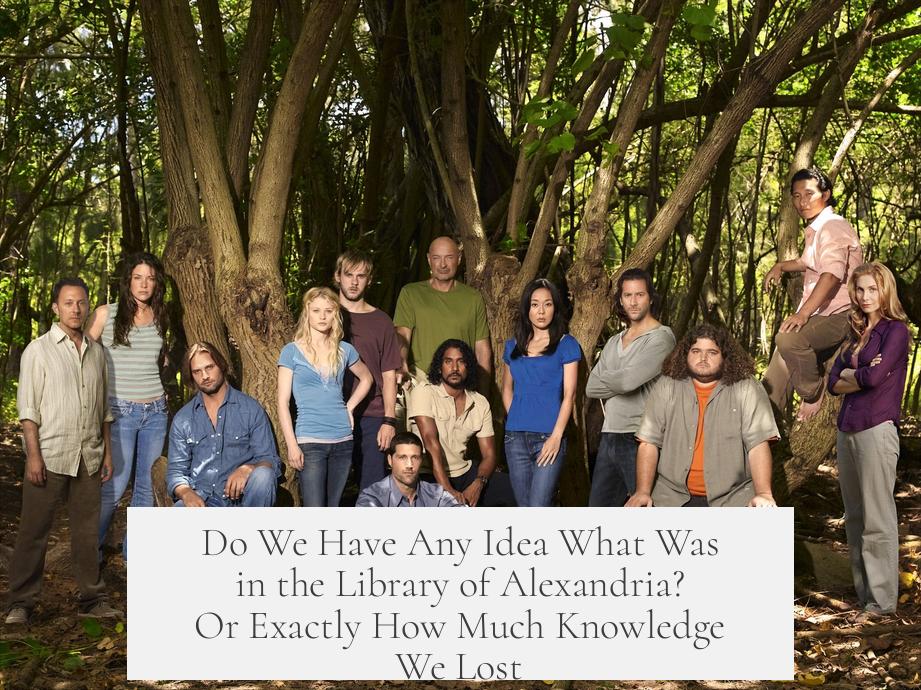
So, what was in the Library of Alexandria, and how much knowledge did humanity lose when it vanished? This question has fascinated historians, scholars, and curious minds for centuries. It’s tempting to imagine a treasure trove crammed with scrolls that contained the secrets of the cosmos, lost forever in a blaze of tragedy. But the reality—and the mystery—is more nuanced.
The Library of Alexandria is often painted as the ancient world’s crown jewel of knowledge. It was certainly impressive. Built by the wealthy Ptolemaic dynasty in Egypt, this library wasn’t just any stack of dusty scrolls. It was a massive repository of information and culture, reputedly holding anywhere between 200,000 and 700,000 scrolls at its peak.
Scrolls or Books? What Did They Actually Contain?
Now, let’s pause and picture what a “scroll” really means here. Forget the modern book you’re holding or imagining. One complete literary work—like Homer’s Iliad—could take up 24 separate scrolls. So even the lower estimates suggest an enormous volume of information, possibly representing thousands of individual works.
The scrolls included more than just Greek texts. Sure, Greek culture dominated, but the Library’s scope was broader. Researchers found traces that Babylonian, Egyptian, and even Persian knowledge—such as works related to Zoroaster—were collected and translated into Greek. The Jewish Torah was even translated and housed there, highlighting the Library’s intellectual breadth and cultural inclusiveness.
How Did The Library Amass Such a Massive Collection?
Here’s a twist: the Ptolemies didn’t just sit back waiting for donations. They went aggressively after manuscripts. Ships docking in Alexandria’s harbor were searched, and their scrolls were confiscated for copying. Originals came to Alexandria while the owners got copies back. Ptolemy II even secured original works of famed playwrights like Euripides, borrowing them (with a hefty deposit) but never really returning the originals. Talk about a relentless book collector!
What About the Head Librarian’s Catalogue?
One particularly intriguing artifact of the library’s size was a catalogue made by Callimachus, a head librarian and renowned poet. His catalogue—a staggering 120 scrolls long—detailed the Library’s entire collection. Unfortunately, this catalogue itself did not survive the sands of time, depriving us of concrete proof about the exact titles and subjects preserved.
The Problem With Pinpointing Knowledge Lost
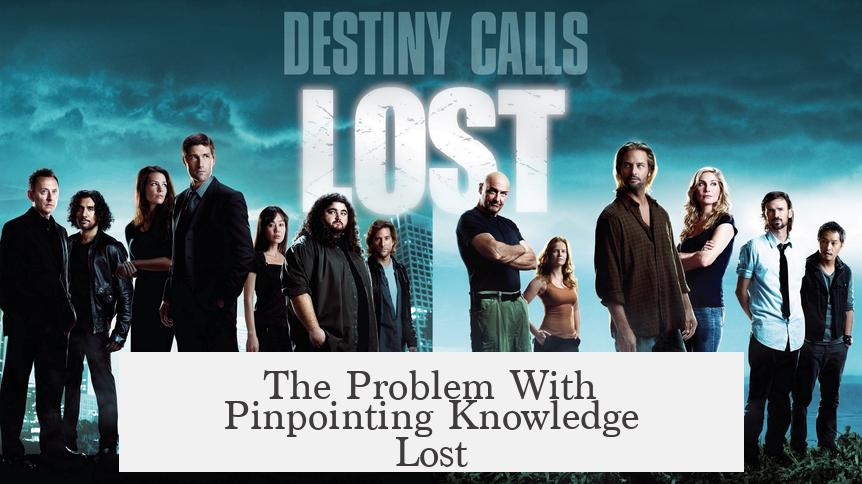
Here’s where things get tricky: it’s easy to blame a single catastrophic event like a fire or sack for the Library’s disappearance. But scholars warn against this simplistic view. Historian arguments emphasize that knowledge and literature don’t usually vanish overnight from one event. Texts circulate, get copied, translated, and spread. The loss often unfolds over many years and numerous incidents.
So, did the Library burn down in one tragic fire? Possibly. But this might only be part of the story. There may have been multiple destructions, gradual neglect, political turmoil, or shifting centers of learning that led to its decline. The truth is frustratingly speculative, and no single dramatic event can take full credit—or blame—for the loss of ancient knowledge.
How Much of the Ancient World’s Knowledge is Truly Gone?
Let’s ponder this: although many works vanished, the Library probably also selected a “canon” of the best texts—sort of like today’s “classic literature” collections. This could explain why we still have some masterpieces by Sophocles or Aeschylus, even when historically they wrote dozens of plays each.
Yet, there is no doubt some unique knowledge and texts disappeared forever. We don’t have any time machines to check. There’s no fiery scroll that would have sent humanity rocketing to the moon centuries earlier. But losing any intellectual treasure is truly a tragedy.
Ultimately, this loss reminds us how fragile human knowledge really is. Even with today’s technology, who knows what breakthroughs future catastrophes might erase? The Library’s story isn’t just about the ancients—it’s a cautionary tale for all of us.
What Can We Learn From the Library of Alexandria Today?
- Preservation Matters: The Library’s fate teaches us to guard knowledge zealously. Digitize, copy, back-up. Don’t put all your scrolls in one basket—or server.
- Knowledge Sharing is Power: The Library’s aggressive acquisition shows how valuable ideas are. But it also raises questions about access and control. Who owns knowledge?
- Question Your Assumptions: The myth of a singular disaster wiping out all knowledge is emotionally compelling, but history often isn’t so neat.
In a sense, the Library of Alexandria still lives on: in every great library, archive, or database, echoing a relentless human quest to understand, collect, and preserve knowledge. This pursuit connects us across millennia with those ancient scholars, reminding us that whatever we lose, whatever we save, knowledge is our legacy.
“The greatest tragedy is not the loss of knowledge, but never knowing what was lost.”
Do you ever wonder what astounding secrets those scrolls held? What voices and ideas vanished with that ancient collection? The truth may remain hidden, but the story continues to inspire those who crave knowledge and who build the libraries—physical or virtual—that keep human curiosity alive.
What kinds of works were held in the Library of Alexandria?
The library housed Greek writings mainly but also contained works from Babylonian, Egyptian, and Jewish traditions. It included translations, commentaries, and possibly scientific and religious texts.
How many scrolls did the Library of Alexandria contain?
Ancient sources estimate between 200,000 and 700,000 scrolls, but scrolls are not direct equivalents to modern books. For example, one epic like the Iliad could fill 24 scrolls.
Do we know exactly what knowledge was lost when the Library was destroyed?
We do not know precisely what was lost. Some believe the library focused on preserving key works, so the loss was partial. However, the full extent of missing knowledge remains unknown and speculative.
How did the Library acquire its collection?
The Ptolemies funded the library extensively. They seized writings from ships docking in Alexandria and retained original manuscripts, often replacing them with copies returned to the owners.
Did the Library’s loss cause a major setback in knowledge?
Opinions vary. Some argue the library preserved major works that survived elsewhere. Others see the loss as tragic but not catastrophic to scientific progress. The true scale is impossible to determine.
